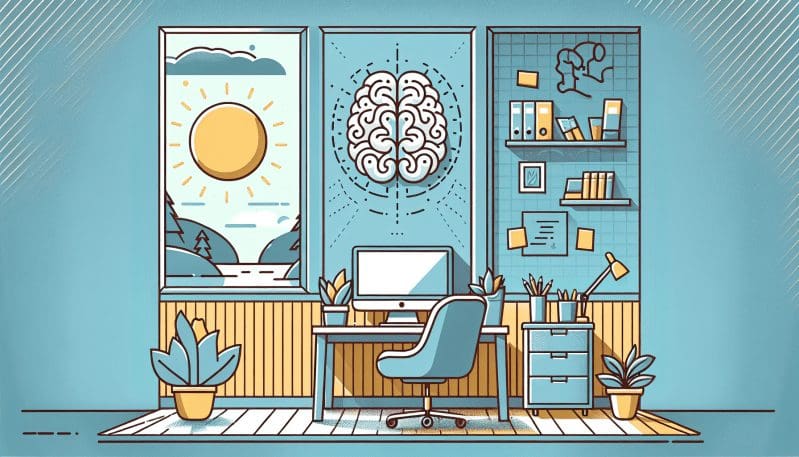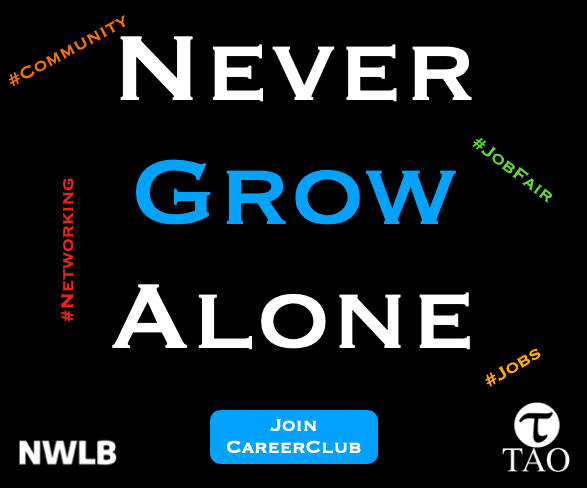In the heart of every bustling office, amidst the clatter of keyboards and the murmur of strategy meetings, lies a silent barrier that many employees encounter but few dare to discuss openly: mental health stigma. Despite living in an era that has seen unparalleled breakthroughs in understanding mental health, the sad reality remains that prejudice and discrimination against those with mental health conditions persist in the workplace. This invisible wall not only hinders individual careers but also inflicts a heavy toll on workplace culture and organizational productivity.
The consequences of untreated mental health issues are vast, ranging from decreased employee engagement to heightened absenteeism and turnover rates. Industry reports show that mental health problems cost the global economy billions in lost earnings, a sobering reminder of the economic imperative to address this issue. Yet, the most profound cost is human – the personal anguish of struggling in silence, the professional dreams derailed by fear and misunderstanding.
Through in-depth interviews with psychologists, HR professionals, and employees who have braved the stigma to share their stories, this investigative piece peels back the layers of the mental health stigma in the workplace. Dr. Aiden Smith, a clinical psychologist with a focus on occupational health, explains the mechanisms by which stigma takes root: ‘It’s a cycle of fear and misinformation. Employees may fear judgment or reprisal, while employers may lack the knowledge to create supportive environments – it’s systemic.’
HR Professional Maria Gonzales recalls her firsthand experience with the fallout of stigma, ‘When a talented member of my team began to struggle with anxiety, his performance suffered. Despite our inclusive policies, he didn’t feel he could ask for help without risking his career. It was a wake-up call for us to proactive about mental health.’
Frontline employees tell tales of ‘masking’ their conditions, employing a façade of wellness for the sake of job security. ‘I was dealing with depression, but I kept it hidden. I couldn’t risk being seen as weak or incapable,’ says John Doe, a pseudonym for an employee at a major corporation, who has chosen to remain anonymous.
However, there is hope. Progressive organizations are dismantling stigma, replacing it with understanding and support. Companies like Mindful Employers Inc. are leading the charge, promoting transparent conversations around mental health and implementing training programs for managers to better support their teams.
In breaking through the silent barrier, experts provide actionable advice for employers. Commence with education to demystify mental health, encourage open dialogue through regular check-ins, provide access to mental health resources, and most importantly, lead by example, creating an atmosphere where seeking help is normalized rather than penalized.
Ultimately, dismantling mental health stigma in the workplace isn’t just about fostering a healthier work environment; it’s about acknowledging and supporting the whole human being behind the job title. As society continues to evolve in its perception of mental health, it’s incumbent upon employers to not only catch up but to lead the way in creating a truly inclusive and supportive work culture.












